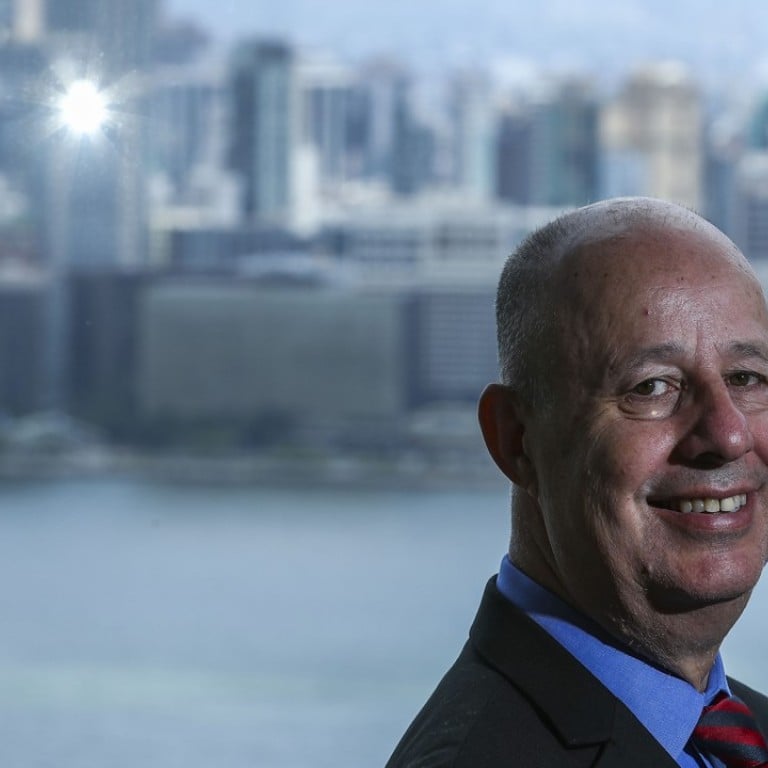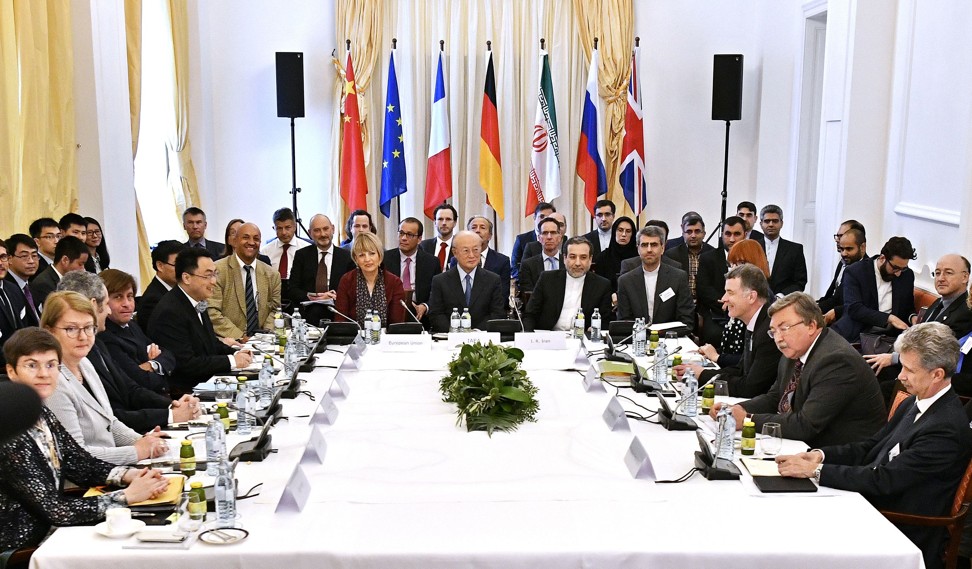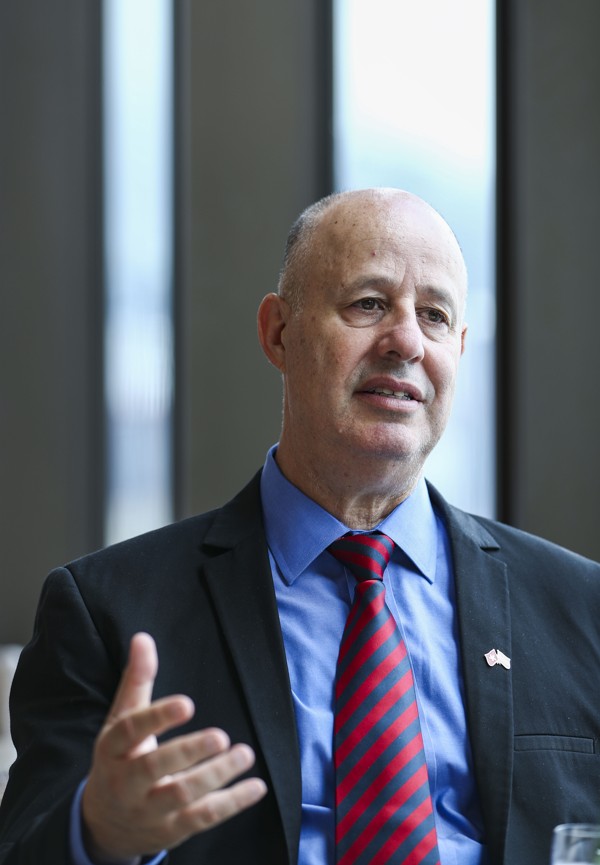
Exclusive | China can use ‘good relationship’ to push Iran on nuclear programme, Israeli official says
But Beijing’s support will be ‘very limited’ in offsetting impact of US sanctions, according to regional cooperation minister Tzachi Hanegbi
A senior Israeli official has called on China to use its influence to press Iran to end its nuclear ambitions, ahead of a meeting of major powers trying to save a landmark deal from collapsing.
Minister for Regional Cooperation Tzachi Hanegbi also told the South China Morning Post that Iran could not rely on support from China to offset the impact of sanctions to be initiated by the United States over the nation’s nuclear programme.
Hanegbi’s remarks came before senior diplomats from Iran, Britain, China, France, Germany and Russia meet in Vienna on Friday, aiming to safeguard a pact reached in 2015. Under the accord, Iran agreed to reduce its nuclear facilities to have sanctions lifted to free up oil revenue and frozen assets of more than US$100 billion.
Protesters swarm Iran’s Grand Bazaar in Tehran as anger over economy increases
The nuclear deal reached between Iran, Germany and the five permanent members of the United Nations Security Council – China, France, Russia, the United Kingdom and the United States – was once seen as a consequential accord that would reshape Middle East politics.
But in May, US President Donald Trump called the agreement “a horrible, one-sided deal” and announced the United States would withdraw, leaving Iran vulnerable to a new wave of sanctions, while companies with business ties to Tehran could face US penalties. Israel said Iran had breached the deal and was expanding its nuclear weapons.

“China has a good relationship with Iran. They can talk sensitively ... If they don’t really need nuclear military power, let’s negotiate about what’s going to happen after 10 years,” Hanegbi said, referring to some of the terms of the deal expiring in 10 and 15 years from 2015.
“Of course they will not be convinced only because of talk. They will be convinced until they find themselves pressured by sanctions.”
Hanegbi said the deal was a “mistake” and Iran could go back to uranium enrichment after 10 years. But Britain, China, France, Germany, Russia and the European Union have vowed to keep the pact alive despite Washington’s withdrawal.
US pressing allies to end Iran oil imports by November deadline, official says
Chinese Foreign Ministry spokesman Lu Kang said on Tuesday that Beijing was opposed to unilateral sanctions when asked if China would buy less Iranian oil.
China is Iran’s top trading partner and No 1 oil and non-oil buyer, as well as major investor. Last year, their two-way trade jumped 21 per cent from a year earlier to reach US$37.3 billion, while more than 200,000 trips were made between the two countries.
Iranian officials said earlier that Tehran would not rule out the possibility of renegotiation with the US, or even a new deal, but also that China had a positive role to play in upholding the deal, and should boost economic cooperation with Tehran.

But Hanegbi said Iran could not rely on China to offset the impact of US sanctions.
“Iran will be down to its knees without anything to do with China. Companies will stop working with Iran because they understand they will lose American market,” he said. “China can be a replacement, but very limited.”
China in recent years has boosted its presence in the Middle East through investment and infrastructure projects. China’s total investment in Israel in 2016 reached US$16 billion, almost triple that of the previous year.
China National Technical Import and Export Corp is one of five shortlisted global consortiums vying for the first phase of an Israeli, Jordanian and Palestinian joint water project which includes a planned pipeline running from the coastal city of Aqaba by the Red Sea to the Lisan area in the Dead Sea in Jordan.
Iran’s top envoy to China calls on Beijing to help safeguard nuclear deal
Hanegbi, who took part in a China-Israel investment summit in Zhuhai on Monday and Tuesday, said Israel wanted to boost cooperation with China on technology and infrastructure, including water irrigation and recycling, and health care.
“We believe that technology should be [shared] all over the world. We don’t keep it [to] ourselves,” he said.

